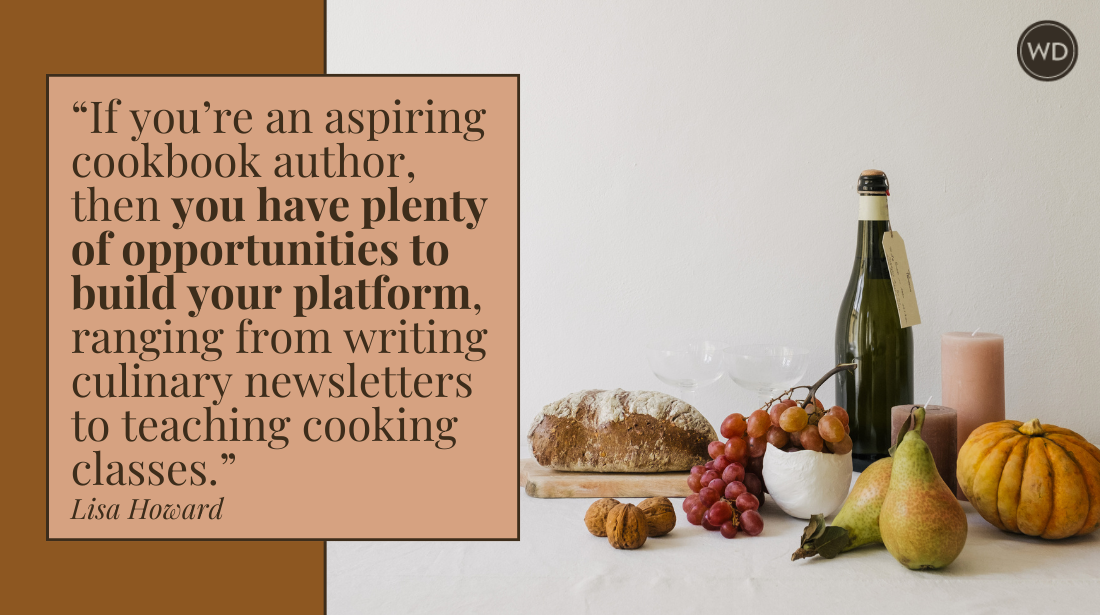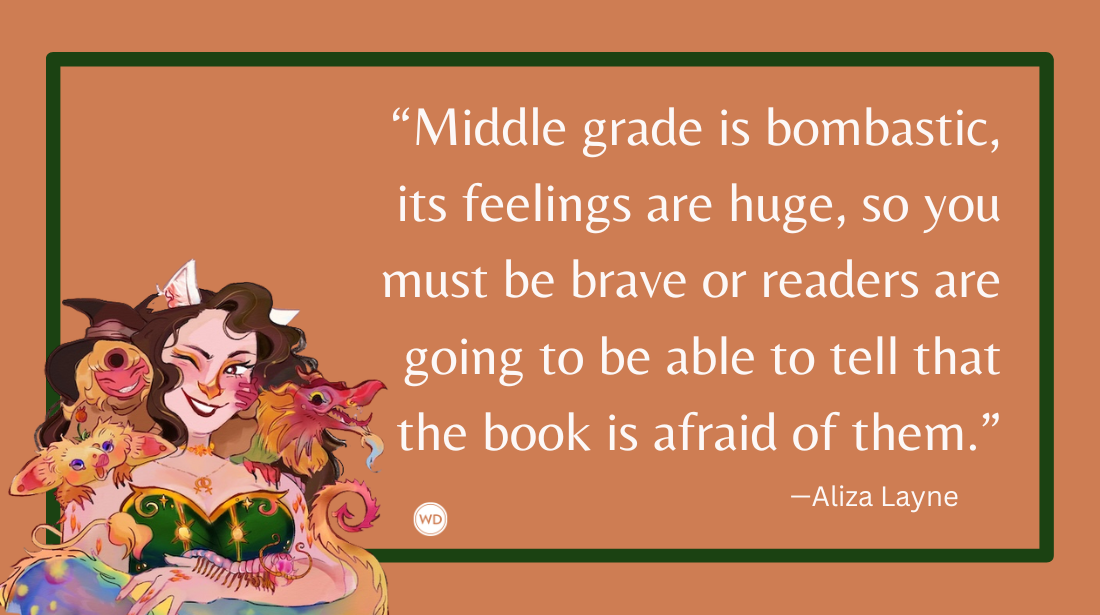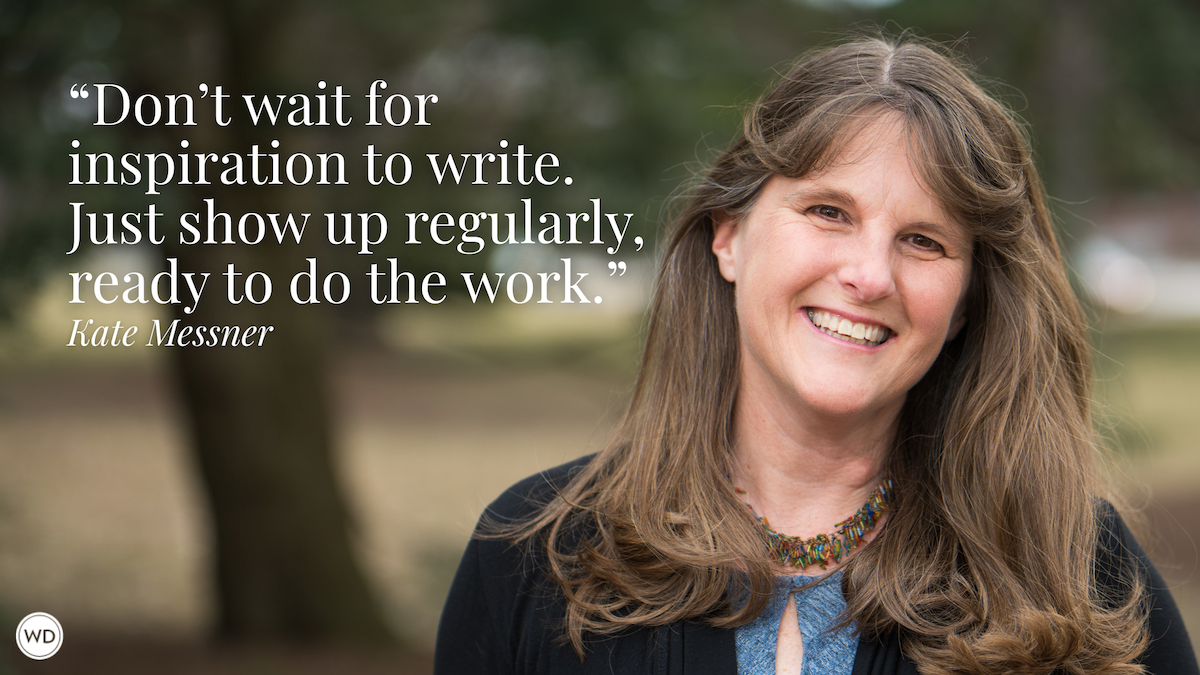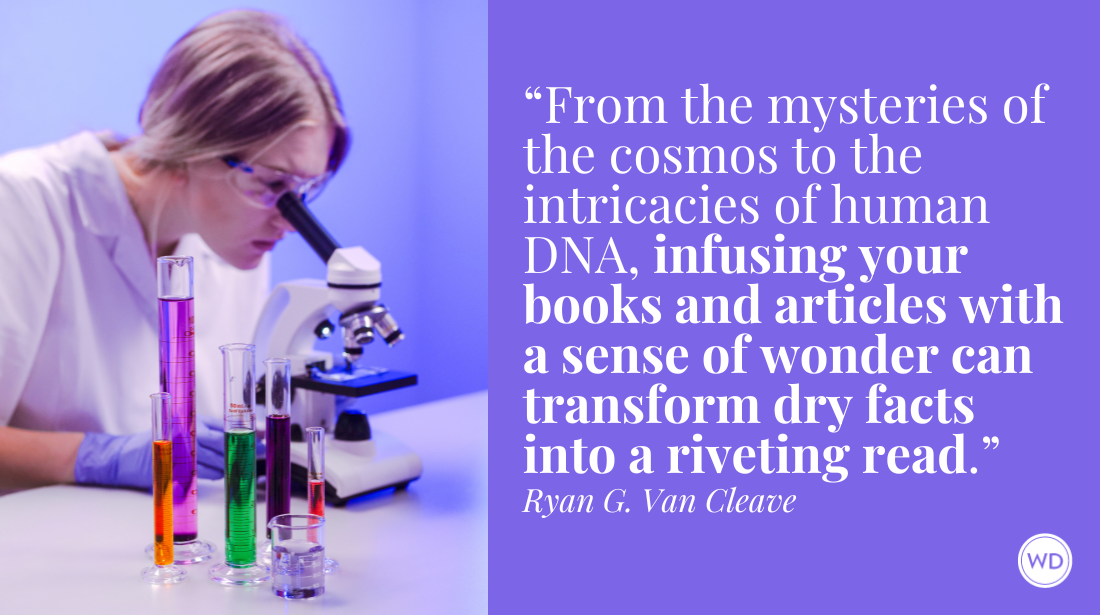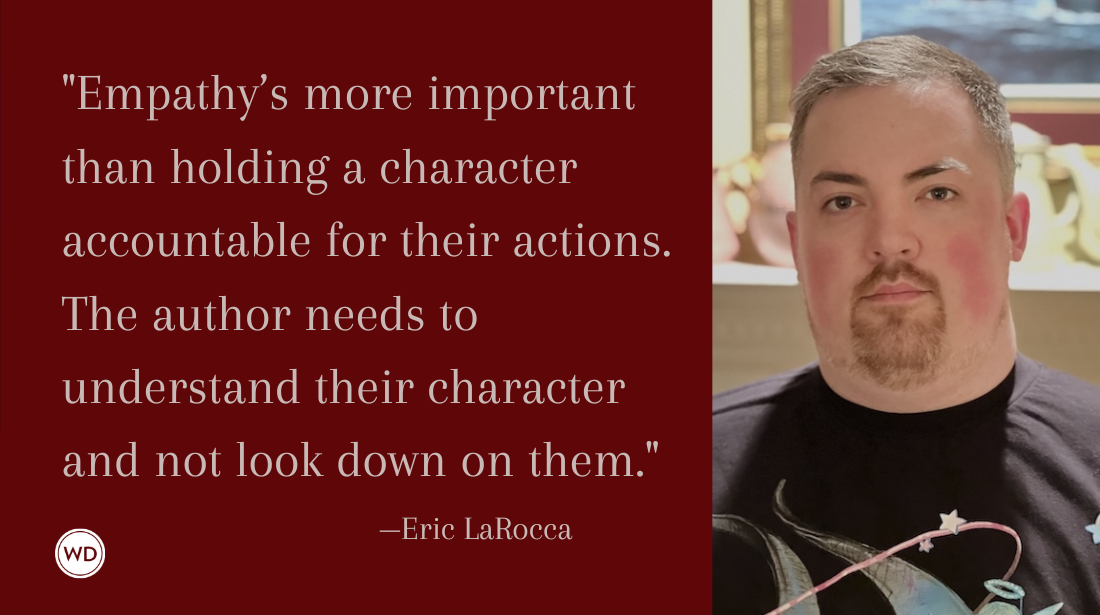Sarah Jio: A Story Is Often So Much Better by Simplifying
In this interview, New York Times-bestselling author Sarah Jio discusses how a request from a Hollywood producer led to her new novel, Insignificant Others.
Sarah Jio is the New York Times bestselling author of eleven novels and a journalist who has contributed to the New York Times, Glamour, O, The Oprah Magazine, Glamour, Real Simple, and Marie Claire, among others. She has also appeared as a commentator on NPR’s Morning Edition. Her novels are translated into more than 25 languages. Sarah lives in Seattle with her husband, three sons, three stepchildren, and two puppies. Follow her on X (Twitter), Facebook, and Instagram.
Name: Sarah Jio
Literary agent: Elisabeth Weed
Book title: Insignificant Others
Publisher: HarperCollins (Morrow)
Release date: April 1, 2025
Genre/category: Commercial Women’s Fiction
Previous titles: The Violets of March, The Bungalow, Blackberry Winter, The Last Camellia, Morning Glory, Goodnight June, The Look of Love, Always, All the Flowers in Paris, With Love From London, Back to You
What prompted you to write this book?
A dear friend of mine who’s a producer in Hollywood emailed me last year with a one-paragraph synopsis and the title Insignificant Others along with the question: “Would you be interested in collaborating on a story like this with me?” I immediately got the goosebumps and fell in love with concept. I knew I had to write it. While our process was collaborative in terms of brainstorming and story development, I did the day-to-day writing, and he was my sounding board. I’d never written like this before, and it was a nice break from the usual solitary task of writing a novel.
How long did it take to go from idea to publication? And did the idea change during the process?
I’d say it was about nine months until I had a solid first draft. Because we did a lot of plotting beforehand, we had a solid roadmap, which made the writing process more efficient. I knew how it began and how it would end and most of the twists and turns along the way. The fun part was discovering unexpected additions that made our character’s journey even more meaningful.
Were there any surprises or learning moments in the publishing process for this title?
One thing I really learned in the process of writing and editing this novel, with thanks to my colleagues and amazing editor Liz Stein, is how a story is often so much better by simplifying. This is my 12th book, and you’d think I would have nailed this years ago, but no. If I can complicate something, I complicate it! But sometimes less is more. In fact, Liz suggested we cut several chapters and a few pivotal characters from the storyline. At first, I felt a little panicked! After all, it’s hard to kill your darlings. But the more I sat with edit notes, the more I realized she was right—so right. I’m deploying this same thinking in the writing of my next novel, out in 2026 from HarperCollins (Morrow).
Were there any surprises in the writing process for this book?
There’s a certain set of chapters in the novel that initially felt out of my comfort zone to write. Somehow, I felt intimidated, unequipped and completely lost when working on that section. I stared at a blank page for a long time, just totally lost. I wish I could tell you how I broke through the abyss. I’m not exactly sure, just that I showed up every day and I tried again, and again and again. Eventually I plowed through it, then nervously sent a draft to my agent and editor, and guess what? It remains one of their favorite parts of the novel to this day. What I find ironic is the part of the book that intimidated me the most turned out to be one of its strongest elements, and that feels so good.
What do you hope readers will get out of your book?
Whether happily married or coupled with someone you love, it’s natural to wonder about your past—the first love in high school, the person you met on a train in Europe, a chance encounter on elevator in New York City. I love how the subject matter of this story gets people talking about their own stories; I think that book clubs are going to have a lot of fun with this one (and I wish I could be a fly on the wall to hear all of the juicy stories!).
If you could share one piece of advice with other writers, what would it be?
My best advice to aspiring authors is two-fold, the first being: Don’t lose hope. The path to publication can be such an exhausting and winding one, with harrowing twists and turns. I’ve been working with my agent for almost two decades now, but when I initially queried her about representing my first novel, The Violets of March, she passed. Because she was my dream agent, I was devastated. Then, a few weeks later, she reached out to me again, this time to tell me that she couldn’t get my story out of her head. She said something like, “If you’re willing to roll up your sleeves a bit and work with me to get this novel into shape, I think I can sell it.” I, of course, said “Yes, yes, yes!”
The second thing I’d say is that I talk to so many writers who have been toiling away on their novels for years. There’s nothing wrong with that, but oftentimes they’ve been sitting with the material for so long they lose passion for it. Not only that, but they may also be secretly wanting to move onto another story, but the work-in-progress feels like a ball-and-chain that’s keeping their careers from moving forward. It can feel excruciating to “quit” something we’ve spent so much time on—I get it—but sometimes it’s the smartest thing to do. Appreciate what the writing taught you and give yourself permission to set it aside and start fresh. I can’t tell you how many partial drafts I’ve given up on over the course of my career. After all, if your work-in-progress doesn’t haunt you by day and keep you up at night, how can you expect agents, editors, and readers to get excited about it? Sometimes pressing the pause button on a project and turning to something new is the best medicine.
Robert Lee Brewer is Senior Editor of Writer's Digest, which includes managing the content on WritersDigest.com and programming virtual conferences. He's the author of 40 Plot Twist Prompts for Writers: Writing Ideas for Bending Stories in New Directions, The Complete Guide of Poetic Forms: 100+ Poetic Form Definitions and Examples for Poets, Poem-a-Day: 365 Poetry Writing Prompts for a Year of Poeming, and more. Also, he's the editor of Writer's Market, Poet's Market, and Guide to Literary Agents. Follow him on Twitter @robertleebrewer.



